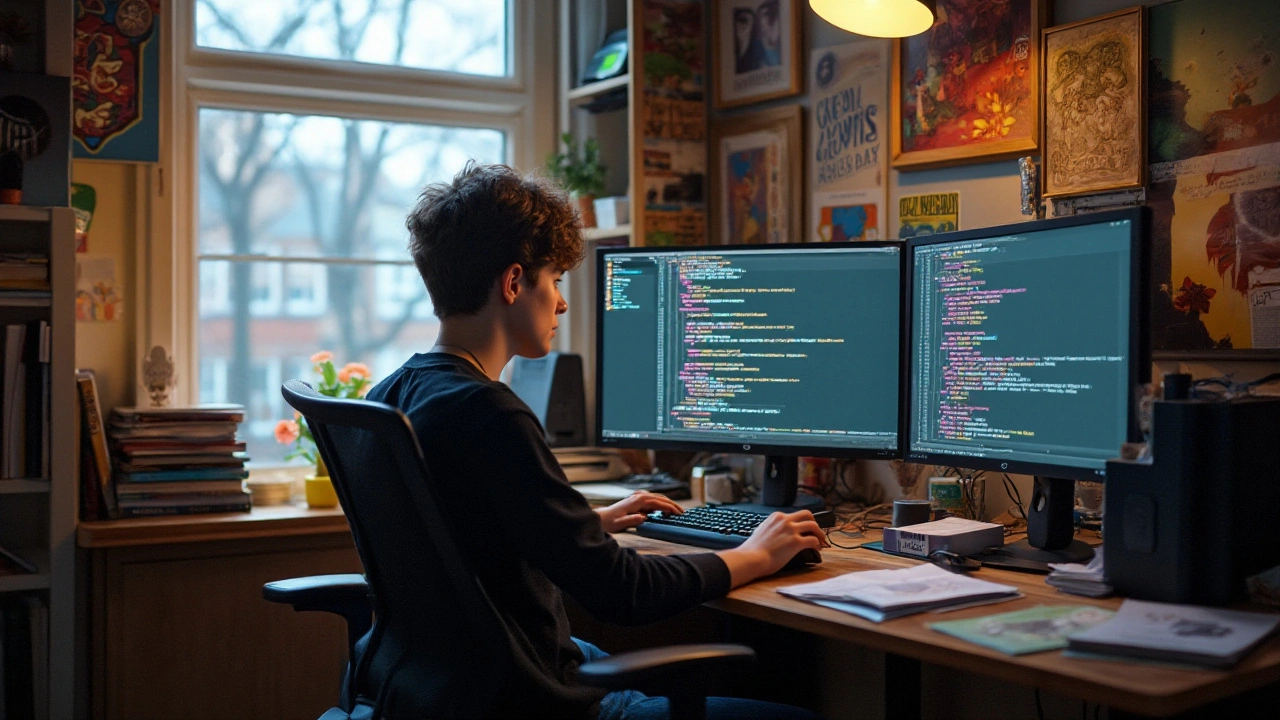Game Development: Practical Tips and Resources
Thinking about building your own game? You don’t have to start from scratch or master every programming language overnight. The right mix of coding habits, tool choices, and workflow tricks can turn a wild idea into a playable prototype in weeks instead of months. Below you’ll find the most useful advice for anyone who wants to jump into game development, whether you’re a hobbyist or aiming for a professional career.
Choosing the Right Language and Engine
First decision: pick a language that matches your goals. If you’re after 2D indie titles, C# with Unity is a solid bet – it’s beginner‑friendly, has tons of tutorials, and ships to PC, mobile, and consoles. For 3D projects that demand high performance, C++ with Unreal Engine gives you deeper control, though the learning curve is steeper.
Don’t ignore lightweight options. JavaScript paired with frameworks like Phaser lets you spin up browser games fast, perfect for testing mechanics without dealing with heavy editors. Python isn’t a primary game language, but it’s excellent for scripting tools, level editors, or prototyping logic before you move to the main engine.
Once you’ve locked in a language, choose an engine that supports your target platform. Unity and Unreal dominate the market, but there are niche engines that excel in specific genres – Godot for open‑source lovers, RPG Maker for narrative‑driven titles, and Construct for drag‑and‑drop simplicity. The key is to start with an engine that feels intuitive; you’ll spend most of your time inside it, so comfort matters.
Boosting Your Coding Workflow
Good code is repeatable, readable, and easy to debug. Start each script with clear comments describing what the component does. This habit saves hours when you revisit code after a break or when a teammate asks for help.
Use version control from day one. Git is free and integrates with services like GitHub or GitLab, letting you track changes, roll back bugs, and collaborate without overwriting each other’s work. Even a single‑person project benefits from commit messages that explain why a change was made.
Debugging in games can feel like searching for a needle in a haystack. Take advantage of the engine’s built‑in console and breakpoints. Log key variables (player health, enemy count, frame rate) regularly so you can spot weird spikes early. When a bug appears only under certain conditions, isolate the problem by reproducing it in a minimal scene – strip away everything unrelated and you’ll see the cause faster.
Performance matters, especially on mobile. Profile your game often: Unity’s Profiler or Unreal’s Stat commands show you where CPU or GPU time leaks. Trade‑offs are inevitable; you might need to simplify meshes, lower texture resolution, or batch draw calls. Small optimizations add up, keeping your game smooth on low‑end devices.
Finally, keep learning. Follow dev blogs, watch short “how‑to” videos, and join communities on Discord or Reddit. Real‑world feedback from players uncovers issues you never imagined, and the shared knowledge in those groups often points to shortcuts you won’t find in official docs.
Game development is a blend of creativity and disciplined coding. By picking a language and engine that suit your project, organizing your code with clear comments and version control, and regularly profiling performance, you set a strong foundation for success. Start small, iterate fast, and let each prototype teach you something new. Your next game could be just a few weeks away.

Essential Coding Tips for Aspiring Game Developers
Aspiring game developers can benefit greatly from targeted coding techniques and skills that can help them create engaging and functional games. This article offers practical tips including language selection, efficient coding practices, debugging strategies, and utilizing game engines effectively. These insights can help newbies navigate the complexities of game development more smoothly.